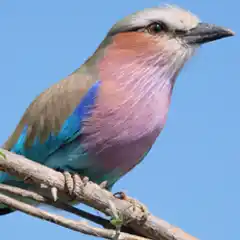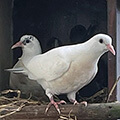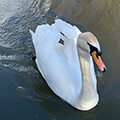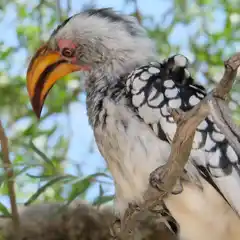







Interactions between wild and domestic animals are of economic and conservation significance. The pigeon Columba livia is a superabundant synanthropic species in a feral domestic form, but it also includes the wild Rock Dove. C. livia is an important player at the wild-domestic interface; acting as a global carrier of avian diseases, and the feral form threatens Rock Doves with extinction via hybridisation. We focused on infection by the parasite Trichomonas, collating prevalence in domestic and free-flying (feral and wild) populations from relevant studies of C. livia. We characterised variation in the diversity and prevalence of Trichomonas among populations in the United Kingdom: a feral population in Oxford; a Rock Dove population in Uist; and a hybrid population in Orkney. With respect to the global analysis, free-flying pigeons had lower Trichomonas infection than captive conspecifics. Among the British populations, we identified differences in strain diversity, and lower parasite prevalence in Rock Doves compared to feral pigeons but not hybrids. At the individual level, drivers of variation in individual-level risk of infection remain uncertain. However, given the population-level variation in both infection prevalence and introgressive hybridisation, increasing levels of hybridisation combined with spread of parasites could accelerate the Rock Dove’s extinction.
Return to the Grants Awarded page.